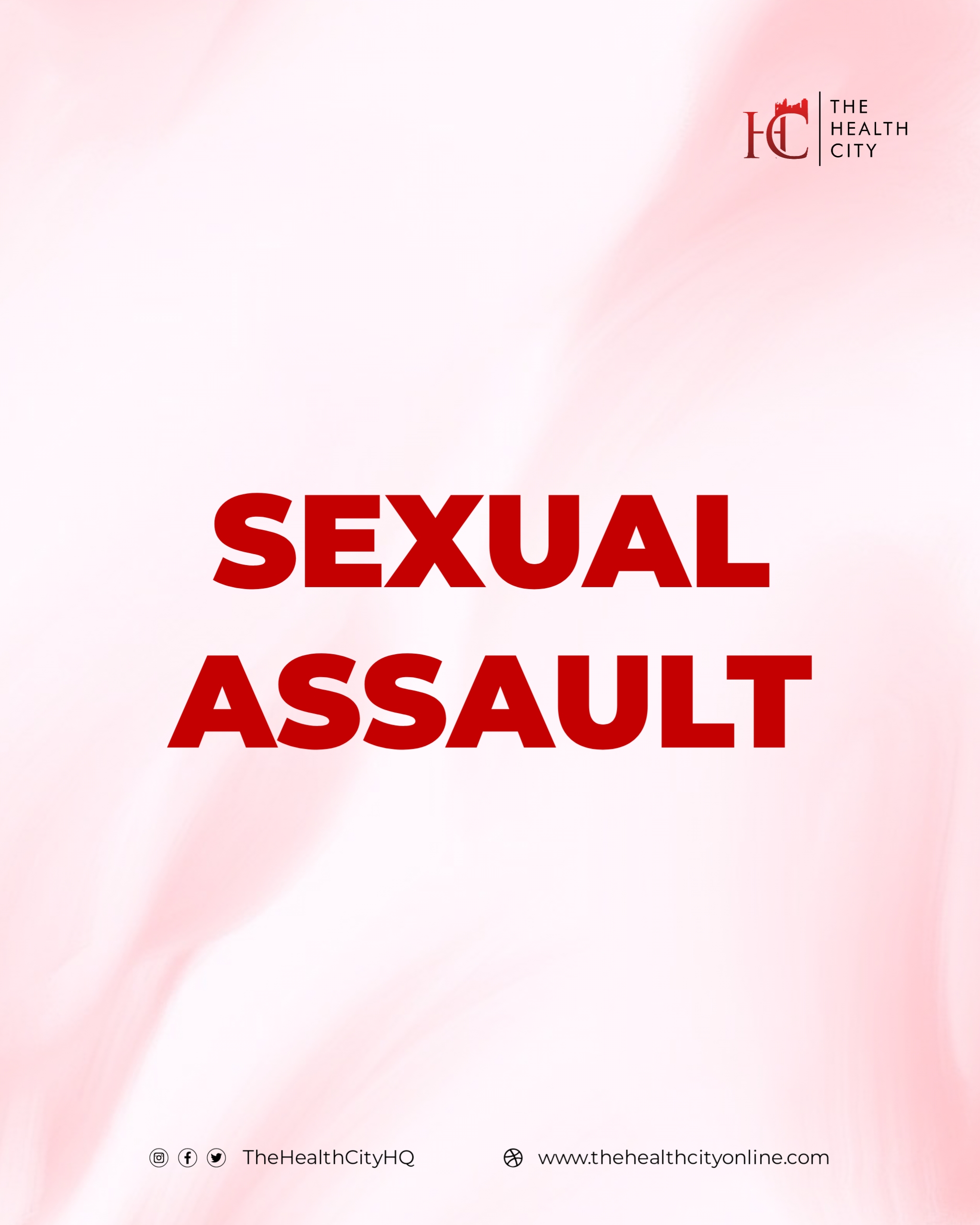
Sexual Assault
Sexual assault is a criminal offense that involves intentionally touching someone sexually without their consent. It occurs to individuals of all ages, including women, children, and men, and involves coercing others into sexual acts against their will. Behaviors classified as sexual assault include unwanted kissing, groping, fondling, and rape, with rape being the most severe.
According to UNICEF statistics from October 2024, 1 in 8 females globally has faced sexual assault before age 18, with Sub-Saharan Africa reporting the highest incidence of 22%. In Nigeria, a study in the South-West region found that 69.4% of surveyed adolescents had experienced sexual violence since age 12 (Abreu et al., 2025). A separate study in northern Nigeria recorded 24 cases of sexual assault, with 37.5% involving males and 62.5% females. The prevalence was 0.24% for females and 0.14% for males, primarily affecting children aged 6 to 15 (Muhammed et al., 2024). Additionally, at least 1 in 6 men report experiencing sexual abuse or assault in childhood.
Risk factors of Sexual Assaults
The direct causes of sexual assaults can be complex, but several risk factors are commonly identified by the Centers for Diseases Control and Prevention:
Individual Risk Factors: These include low education levels, antisocial personality disorder, limited employment opportunities for women, substance use, aggressive behavior, tolerance of violence, early sexual activity, exposure to explicit content, and hostility towards women.
Relationship Risk Factors: These may be family histories of conflict and violence, childhood abuse, emotionally unresponsive family environments, and involvement in abusive intimate relationships.
Community Risk Factors: Issues such as poverty, unemployment, inadequate law enforcement support, and acceptance of sexual violence in the community are significant.
Societal Risk Factors: These involve societal norms that justify violence, promote women's inferiority, contribute to crime and violence, and perpetuate unfair stereotypes against certain groups.
Implications of sexual assault on reproductive health
Sexual assaults can significantly impact women's sexual and reproductive health (WHO, 2024). These assaults may result in unintended pregnancies, abortions, gynecological problems, and sexually transmitted infections, such as HIV. They can also create challenges related to sexual function and intimacy. In the same vein, intimate partner violence is linked with increased rates of infant and child mortality and morbidity, often attributable to factors like diarrheal diseases, malnutrition, and reduced immunization coverage.
In addition to the reproductive and sexual health consequences, sexual assaults can lead to mental health challenges such as depression, post-traumatic stress disorder (PTSD), anxiety disorders, sleep disturbances, eating disorders, and suicidal tendencies. The physical health implications may include gastrointestinal issues, chronic pain, headaches, limited mobility, and overall poor health.
Reported transmitted diseases and prevalence
A 2013 World Health Organization study found that women who have experienced sexual assaults from their partners are one and a half times more likely to contract sexually transmitted infections (STIs), including HIV, compared to those who have not faced sexual assaults.
Research shows varying transmission rates following sexual assault, with 12% prevalence for trichomoniasis, 19% for bacterial vaginosis, and lower rates for chlamydia (2%) and gonorrhea (4%) (Sachs et al., 2023). A study from 2017 to 2019 involving 645 patients found genital chlamydia at 8.4%, Mycoplasma genitalium at 6.4%, and gonorrhea at 0.6%. Among cases possibly linked to sexual assault, bacterial STIs had a prevalence of 3.0% (Skjælaaen et al., 2022). Another analysis showed an overall STI prevalence of 32.91%, with Chlamydia trachomatis being most common at 28.85% (Jo et al., 2010).
These findings emphasizes the importance of research and awareness of STI prevalence in sexual assault contexts to guide support and interventions for affected individuals.
What does the law say about it?
International law frowns at sexual assaults as a serious violation of humanitarian law. It protects women from offences like rape and enforced prostitution, as noted in the Article 27 of the Fourth Geneva Convention and Articles 75(2)(b) and 76 of Additional Protocol I.
At the Federal level in Nigeria, Section 1 (2) of the Violence Against Persons (Prohibition) (VAPP) Act of 2015, criminalises sexual assault and sets penalties for offenders, including life imprisonment. It also requires a sex offender register and establishes a department within National Agency for the Prohibition Trafficking in Persons (NAPTIP) to investigate related crimes.
In southern Nigeria, Section 357 of the Criminal Code addresses rape, defining it as unlawful sexual intercourse without consent, punishable by life imprisonment. The Penal Code in northern Nigeria under Sections 282 and 283 provides similar definitions and punishments, including life imprisonment or capital punishment. States are responsible to prevent, investigate, and prosecute sexual violence, ensuring victims receive justice and support.
How can you help?
Violence against women is preventable. The health sector plays a crucial role in providing comprehensive healthcare to women who have experienced violence, serving as an entry point for connecting them to other necessary support services.
You also have an important role to play, which includes:
- Learning about sexual assault
- Raising awareness
- Advocating for victims
- Promoting better policies and laws
- Supporting victims
- Reporting sexual assaults to the police and NAPTIP etc.

 Kemuel Kefas
Kemuel Kefas
Latest Comments
No Comments Yet
To write a comment, You must be logged in
Login Here SIGN IN